FactCheck.org announced that its SciCheck initiative has received funding from the Stanton Foundation to continue fact-checking science-based political claims through the 2016 campaign.


FactCheck.org announced that its SciCheck initiative has received funding from the Stanton Foundation to continue fact-checking science-based political claims through the 2016 campaign.

In partnership with FactCheck.org and others, the Internet Archive has launched the Political TV Ad Archive to help journalists, researchers and the public understand the use of political ads in the 2016 elections.
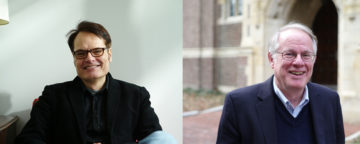
Yale University law and psychology professor Dan Kahan, and the former top news executive at WHYY/NewsWorks, Chris Satullo, have joined the policy center for the spring semester.
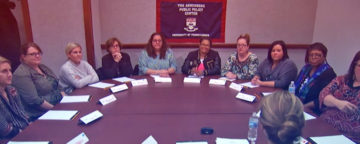
On Nov. 16, 2015, Peter D. Hart and Corrie Hunt of Hart Research Associates conducted a set of two focus groups with voters in Columbus, Ohio, who spoke about the Democratic and Republican presidential front-runners.

Pollster Peter Hart will conduct his latest set of focus groups with voters in Columbus, Ohio, on Nov. 16 for the “Voices of the Voters” project of the Annenberg Public Policy Center.

Chris Satullo, the former vice president for news and civic dialogue at WHYY/NewsWorks, will join the Annenberg Public Policy Center as a professional in residence for the 2015-2016 spring semester.
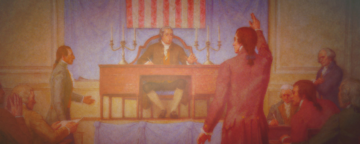
One American in three says that the Bill of Rights guarantees the right to own your own home, while 1 in 10 thinks that it guarantees the right to own a pet, according to an APPC national survey released for Constitution Day.
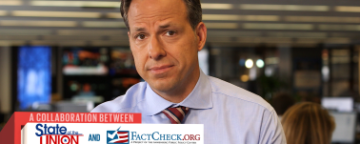
CNN's "State of the Union" and FactCheck.org, the nonpartisan fact-checking site, have announced a new partnership to create a weekly online video series looking at claims made in the 2016 presidential campaign. "State of the Union" anchor Jake Tapper will host the series.
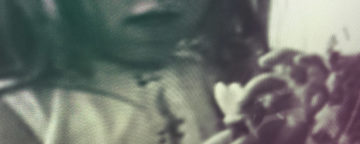
In two addresses to groups with the Council of State Governments Eastern Regional Conference, Kathleen Hall Jamieson spoke about the attack on fact in politics, and challenges facing the scientific community and the implications for state legislative policy.

A study by Annenberg Public Policy Center researchers finding that "The Colbert Report" educated viewers about campaign finance better than other media has been awarded 2014 Article of the Year by the journal Mass Communication and Society.